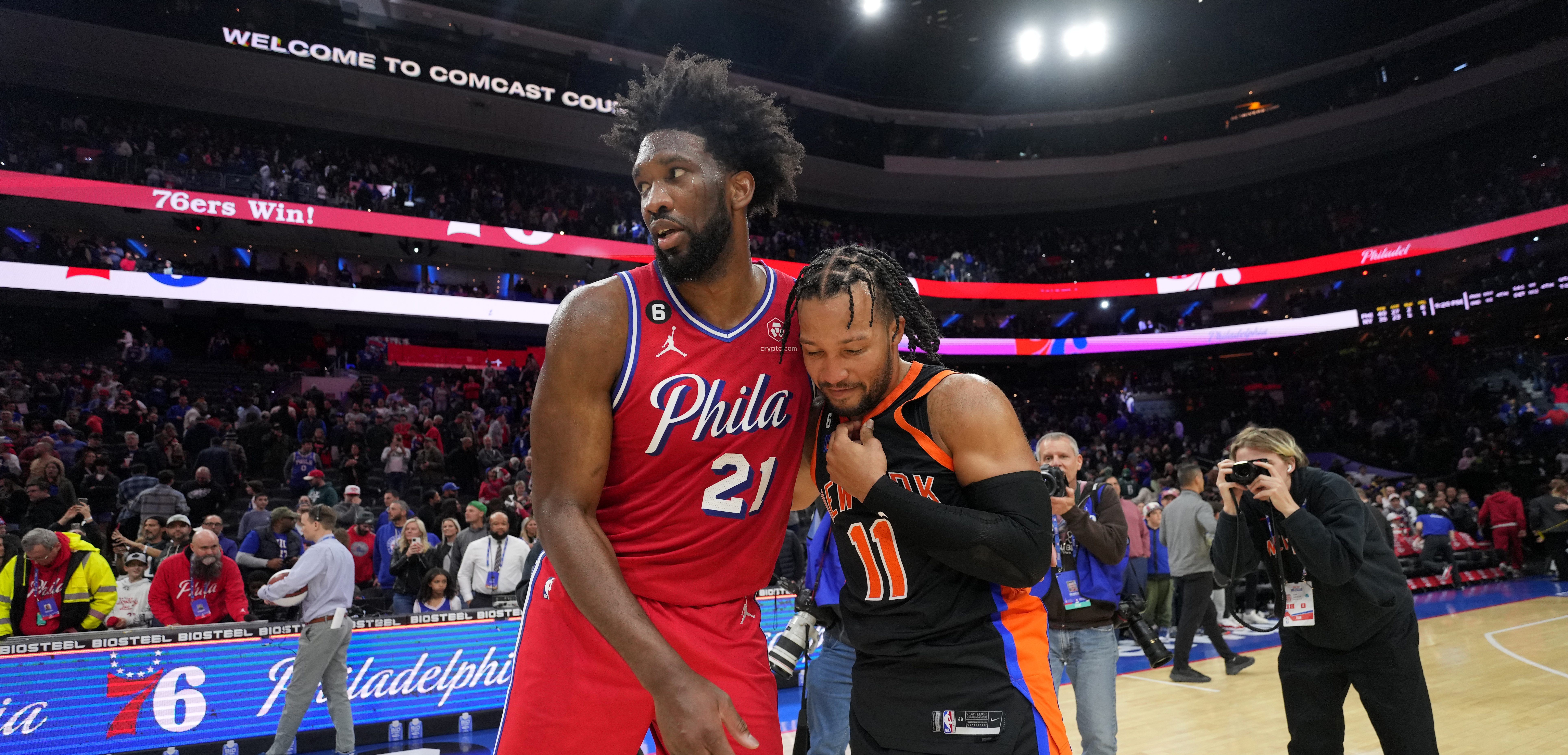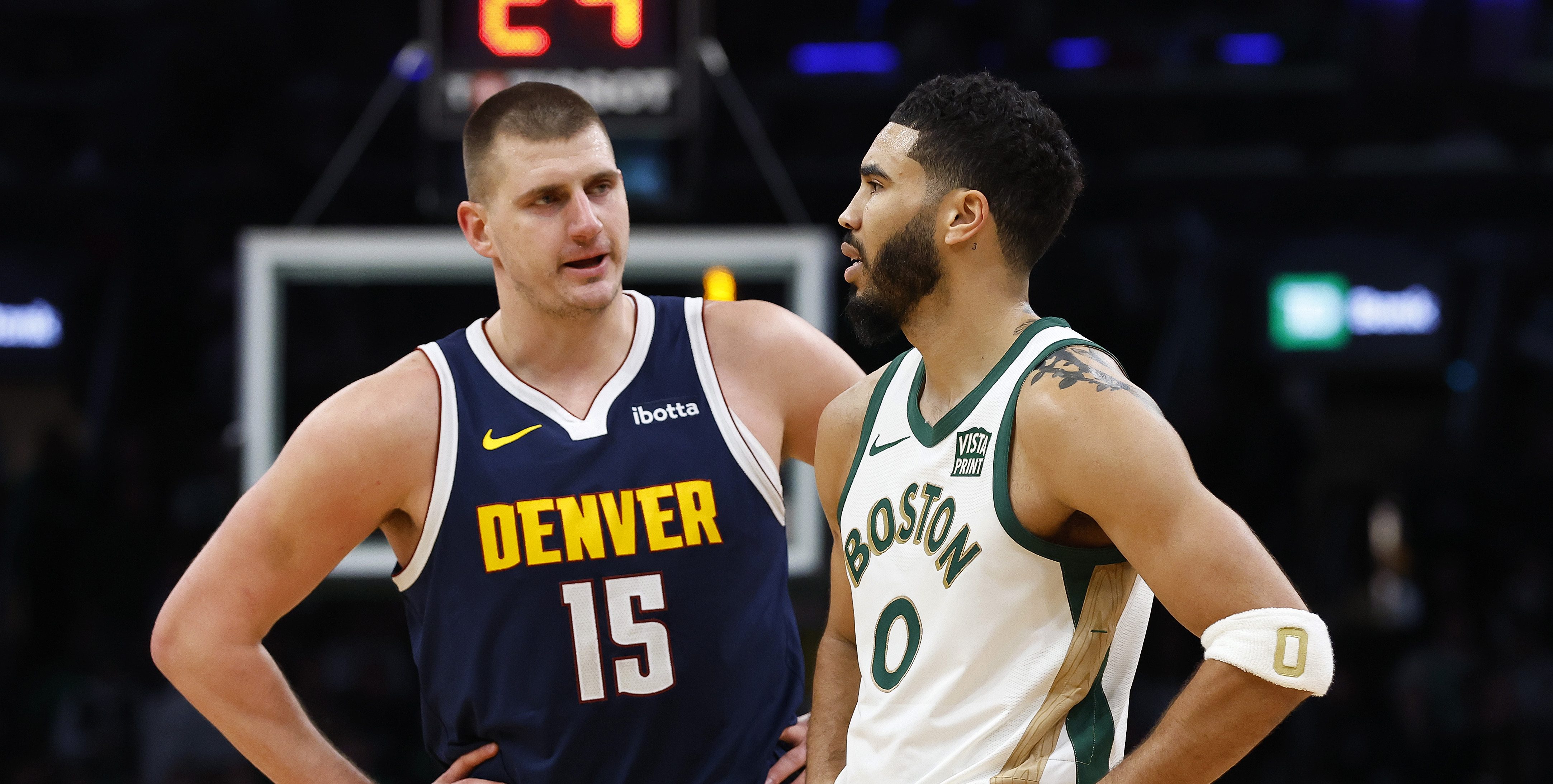
The Bulls made waves when they traded Jimmy Butler to the Minnesota Timberwolves on draft day in 2017. The general consensus was that the Bulls were absolutely robbed in the trade, and it was hard to disagree with that idea with the Bulls sending away a three-time All-Star for a package of players who "could" be great. But after Butler’s latest trade demand, the idea of the Bulls losing that trade seems laughable. A host of factors that couldn’t be foreseen contributed to this, but it does not make it any less true.
Zach LaVine was coming off an ACL injury when the Bulls acquired him, with no telling of when (or if) he would revert back to the high-flying, high-scoring guard he once was. And in 24 games of action, he showed impressive flashes, nowhere near enough to say that he was a franchise player, but the belief that he can become a primary scorer netted him a four-year, $78 million commitment from the Bulls. This was another move that many deemed unnecessary. But it would have been hard—especially from a PR standpoint—to let the centerpiece of the Butler trade walk. Now, with the salary cap projected to rise yet again, LaVine’s contract will pale in comparison to the approximately, five-year, $190 million contract Butler would get with a new team.
Thibodeau was all-too-happy to get rid of Kris Dunn, and though the point guard did have historically bad shooting in his rookie season, his playmaking and defensive intensity were something to build off of.
For the Bulls, Dunn was essentially a lottery ticket, and has definitely shown growth in his lone year under Fred Hoiberg. The Minnesota point guard situation is fine for now. But if Butler is indeed to leave town, Thibodeau will be hard pressed to find a player on his roster who can matchup with bigger 2-guards, something Dunn can do in spots.
Andrew Wiggins was supposed to pick up some defensive intensity from Butler, but one season playing with Butler will not be enough to transform Wiggins as a player. And the extra insurance that the No. 16 pick in the draft was supposed to provide the Timberwolves is also up in the air. Justin Patton was chosen at No. 16, but never made it on the floor for the T’Wolves, suffering a foot injury and spending most of his time in the G League with the Iowa Wolves. He is theoretically, a big who can stretch the floor and score with efficiency inside. Markkanen shot 36 percent from the 3-point line and 67 percent at the rim, making him the almost fully-realized version of the inside-outside power forward who would complement Towns. It doesn’t take very long to see how keeping Markkanen at No. 7 would have given the Timberwolves perhaps the brightest core of young talent in the league with Markkanen, Wiggins, Dunn, LaVine and Karl-Anthony Towns.
What hurts most for Timberwolves fans is that not only would that core have been talented, but it would’ve been a clear-cut fit, something the Bulls don’t have at this stage, even with such an impressive array of youngsters.
It is now tough to say that the Bulls didn’t outright “win” this trade. Part of the reason Butler was traded from Chicago in the first place was the idea that he couldn’t be the go-to guy on a championship team, and that his (personal) title window wouldn’t line up with what the Bulls front office had in mind.
NBA
The draft day reaction to the Butler trade was looking at the transaction in the present, one team signifying that they were starting over, while another team was entering its “golden years”, looking to end a historic playoff drought. But with Butler unhappy on a (albeit underachieving, but still) playoff team in the loaded Western Conference, it is hard to see a situation in which he wouldn’t have done the same thing with the Bulls.
The Bulls front-office saw a ticking time-bomb, and so they moved on to avoid being stuck with a roster constructed around Butler, caught between competing and rebuilding. And now the Timberwolves have inherited what the Chicago brass feared most.


